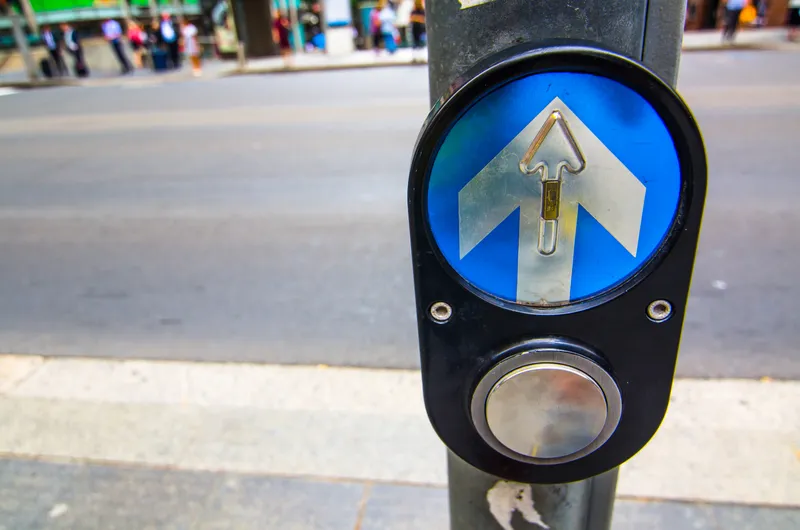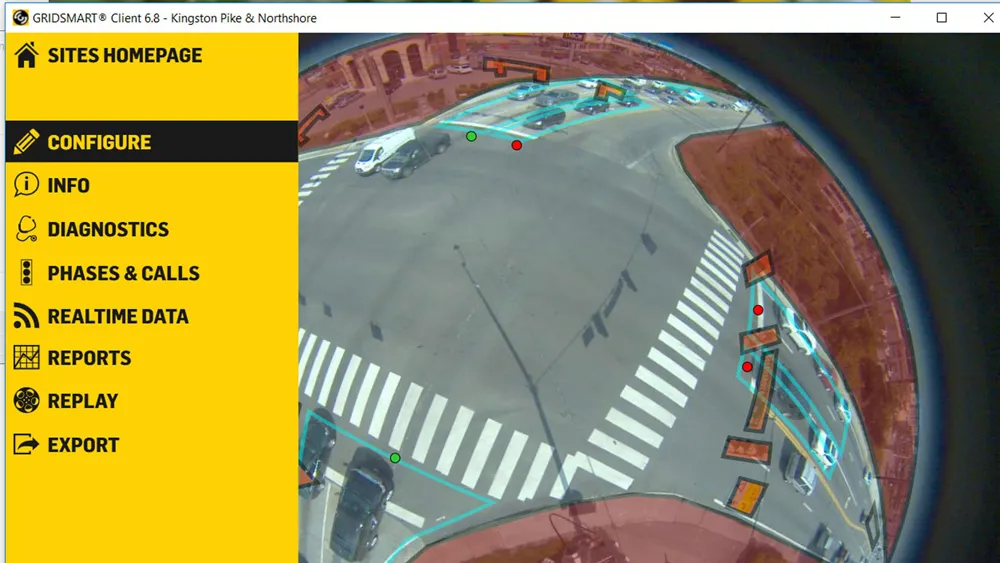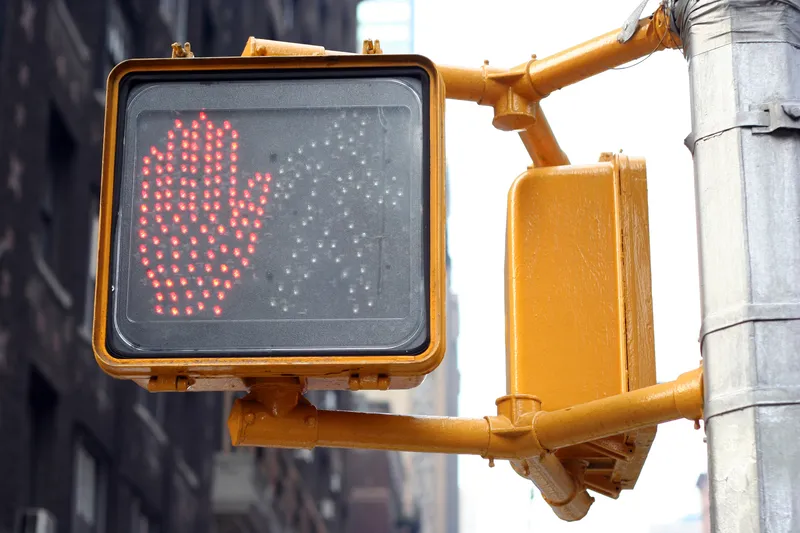
The City of Adelaide in South Australia is trialling a contactless pedestrian push button supplied by Aldridge Traffic Systems.
The iTouch units are being rolled out at pedestrian actuated signals on Melbourne Street following a phase in which all pedestrian crossings in Adelaide were automated during the coronavirus pandemic.
More than 60 pedestrian crossings in the central business district are still automated, but these are primarily between 7:00am to 7:00pm.
Lord mayor of Adelaide Sandy Verschoor says councillors received mixed feedback when every city crossing was automated.
“Many loved the change, while some residents were frustrated by the signal noise at night, others told us they were frustrated with being stopped unnecessarily at night and early in the morning,” Verschoor continues. “While we appreciated the benefits of full automation, with this on-demand solution you get a win for everyone in terms of safety and hygiene for pedestrians, along with reduced stops and traffic congestion for cyclists and motorists.”
Aldridge, a Traffic Technologies subsidiary, says iTouch decreases unnecessarily stopping cycles by stopping vehicles only when a pedestrian uses the solution.
According to Aldridge, iTouch's infrared proximity sensor allows pedestrians to request a crossing phase with a wave of their hand in front of the illuminated sensor. The device retains the functionality of the push button, including audio features for users with hearing or vision impairments, the company adds.
Councillors may have the opportunity to install more of the contactless products throughout the city and North Adelaide in the future if the trial is successful.
Additionally, the council is looking into the feasibility of Aldridge's iTouch+, a pedestrian time-extender which allows senior and disabled cardholders to tap their concession card onto a sensor to extend crossing time.
One tap of the concession card extends the green-man time from 3 – 13 seconds depending on the size and location of the crossing, Aldridge concludes.









